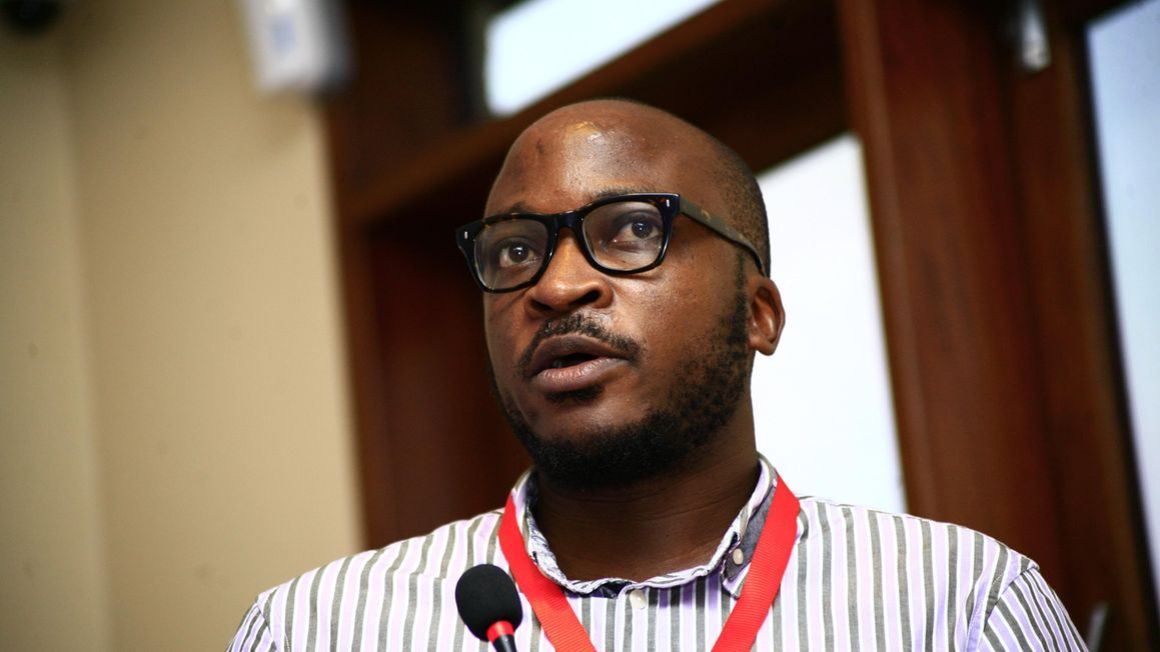Prime
The world’s climate is changing, and so should climate activists

Daniel K. Kalinaki
In 2003, when your columnist was a young, eager but naïve news editor of this newspaper, one of the stories we pursued aggressively was the protest against building a hydropower dam at Bujagali, on the River Nile. There were many small but loud voices against the project. It would destroy the tourism draw of the white-water rafting, displace people and even upset the provincial gods in charge of the area.
The tipping point came when allegations of a $10,000 bribe offered to a Ugandan government official were made, forcing the project to collapse. We celebrated what we considered a big moral victory and the power of the small gods in challenging big capital.
Now, older and just a little bit wiser, I realise we were wrong. The rolling electricity blackouts that followed forced Uganda into a crisis, Bujagali dam, when it was finally built, cost twice as much and came with worse conditions baked in. There were two major mistakes.
First, the $10,000 bribe allegation was a red herring that shifted focus away from analysing the merits of the project to moralising about the purity of its processes. From a purely hard-nosed take, paying a $10,000 bribe to get a dam at $400 million (equivalent of 0.0025 percent of the value) was a better deal than getting roughly the same amount of dam at over a billion dollars, even if the latter was hand-carved by angels in white overalls.
Secondly, the arguments against the dam were primarily zero-sum. It was either the dam, or nothing. There were no clever win-win options to, for instance, have a smaller dam that preserved part of the falls, or a shift in the tourism industry from white-water rafting to recreational lake sports.
This was myopic. That the falls destroyed by the dam at Bujagali were awe-inspiring is not in doubt, neither was the environmental impact in the surrounding area, including thousands of acres of farmland that were left under water.
Yet worse damage was being done – and continues to be done daily – across the country with the cutting down of trees to burn charcoal to provide domestic energy. A more useful discussion would have been to establish the unit cost of charcoal, the dominant source of domestic energy across the country, and work towards bringing the cost of electricity to below that price.
Any environmentalist worth their salt would have been keen to reduce or eliminate the cutting down of trees for charcoal. The debate over Bujagali, or any other mega energy project for that matter, should be indexed on that, as a minimum.
It is now clear that some of the environmentalists were in the debate as an end in itself, as careerists and professional protestors, not as articulators of an alternative. And they are poised to strike again if recent growing activism around the oil and gas sector is any indication. We should not repeat our mistakes.
There are valid concerns about the environmental and social impacts of the oil and gas sector, as well as on tourism, given that a lot of the infrastructure lies in or cuts across key wildlife ecosystems. The most reasonable advocacy should seek accommodation, not zero-sum outcomes. Burning of fossil fuels contributes to climate change and global warming but stopping the East African Crude Oil Pipeline, as some activists are trying, will not stop people from cutting down trees for charcoal, or cows in Brazil from farting and adding to the methane gas output.
Countries that built economic surpluses on the back of dirty fuels including coal and fossil fuels are not good evangelists for the green energy revolution that we need. But their past sins can be forgotten and their credibility improved if the conversation reflects local contexts and is less patronising. The traditional begging-bowl model, in which developing countries are net takers of policy and grants, appears sub-optimal. Market-based models, such as financing for carbon credits, or those based on logic, such as seeking highest-impact interventions in countries with the largest carbon footprints, might be more sustainable.
Asking a poor country with chronic power shortages not to build a power dam because it is going to spoil the beauty of the river is not a good argument. Neither is telling a poor country with oil deposits to keep it in the ground.
The alternatives must be viable and bankable. The world’s climate is changing rapidly and with dire consequences. We cannot solve today’s environmental crisis using the same intelligence or tactics that brought us here in the first place. Zero-sum activism will fail, again.
Mr Kalinaki is a journalist and poor man’s freedom fighter.
Twitter: @Kalinaki




